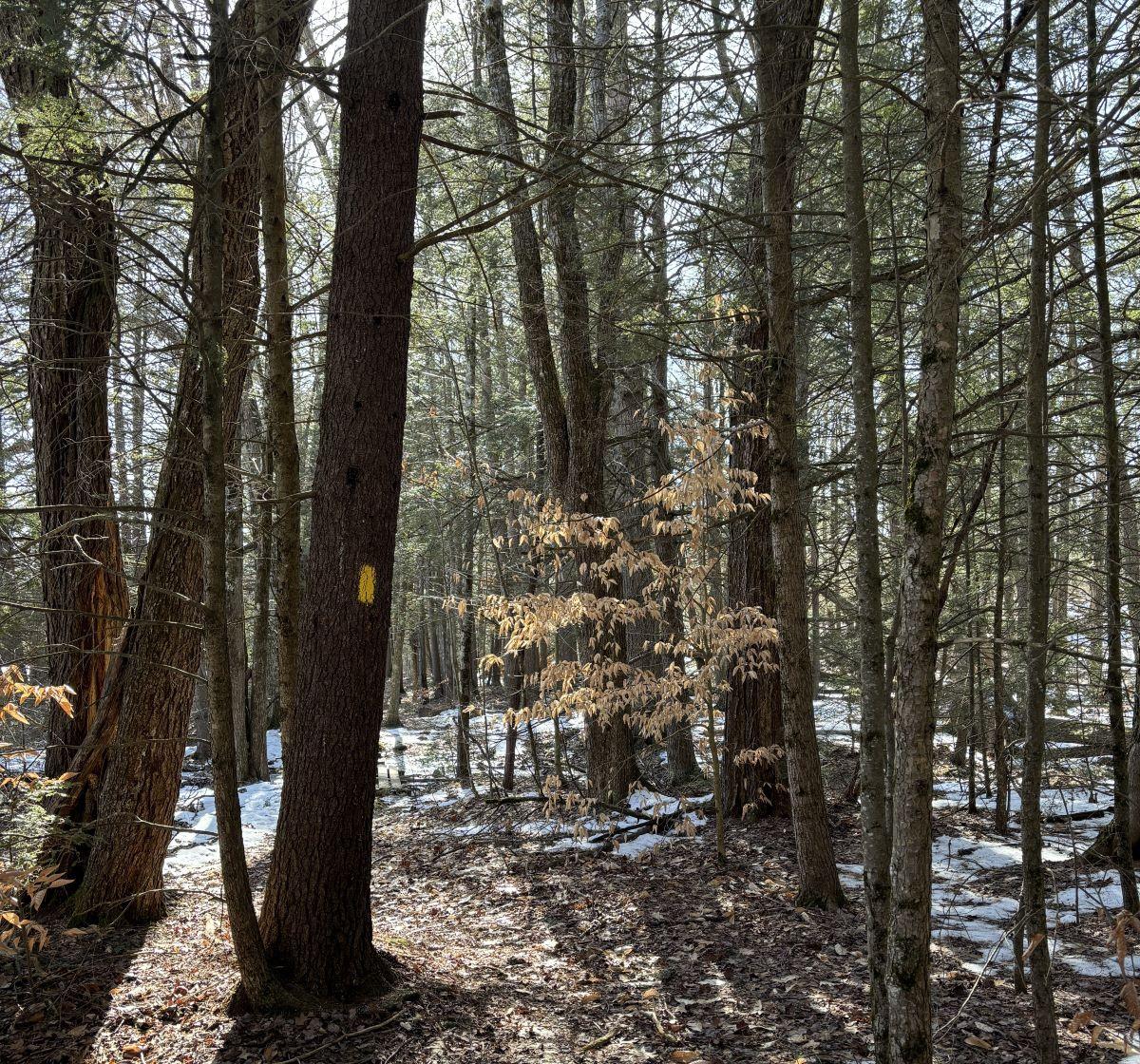
There was little snow cover on the ground at Heald Tract in Wilton in February.
As I write this, parts of New Hampshire just received over two feet of snow. Therefore, some people would be surprised to hear that, according to the National Oceanic and Atmospheric Administration (NOAA), the United States just experienced the warmest winter on record this year. NOAA says that the meteorological winter (Note: meteorological winter runs from December to February) had an average temperature that was 5.4°F above average for the season.
The agency’s press release says that Iowa, Michigan, Minnesota, New York, North Dakota, Vermont, Wisconsin and New Hampshire had their warmest winter on record. Twenty-six additional states saw their top-10 warmest winters on record.
That information releases coincides with another report from Climate Central, a climate research and communications nonprofit, that winter cold weather streaks are getting shorter. Climate Central defines a winter cold streak as at least two consecutive December-February days with average temperatures below the 1991-2020 winter normal average temperature at a specific location.
While some people may celebrate the fact there will be fewer cold days each winter, the report notes this trend will have effect winter recreation activities, snowpack and populations of disease-carrying pests like mosquitoes and ticks.
In New England, cold streaks in Hartford, Connecticut; Providence, Rhode Island; Springfield, Massachusetts; and Burlington, Vermont were all eight days shorter while Manchester’s cold streaks were six days shorter.
